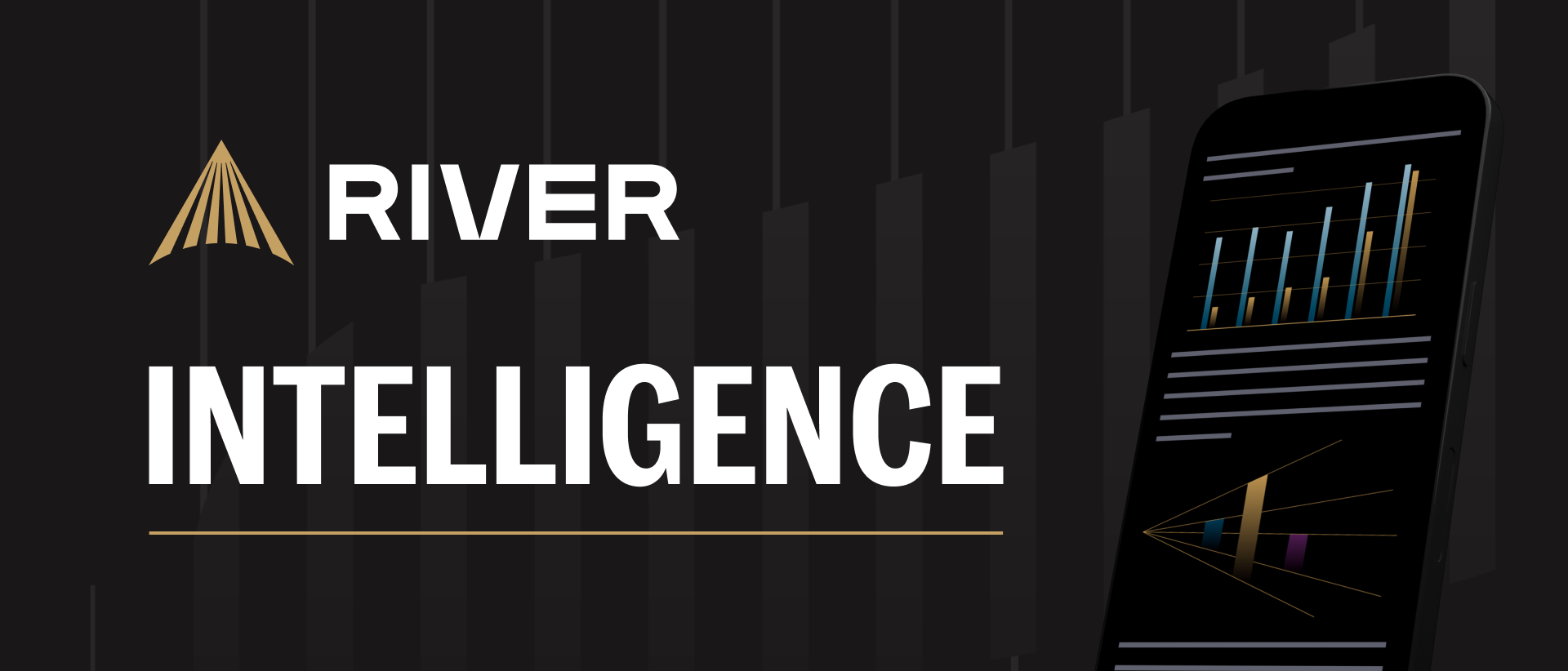Want to receive our newsletter at a regular cadence? Sign up here.
The Ledger Recover Situation
Hardware wallet manufacturing company Ledger announced earlier this month that it would release a new service called “Recover;” an additional opt-in wallet-recovery mechanism.
How does it work?
- The device’s secure element—the smart chip that generates and stores your seed—encrypts the seed and splits the seed into three encrypted shards.
- The encrypted seed shards are distributed to three custodians, of which Ledger is one.
- The seed shards are encrypted again by the custodians.
- To recover the wallet in case the user lost access to their recovery method, 2 of the 3 custodians must decrypt and combine the shards.
The rollout of the offering was met with backlash as Ledger had previously stated that a user’s private keys never leave the secure element chip on the device.
If you are currently using a Ledger: don’t panic, there is no immediate problem. Making decisions (or transactions) with haste is when mistakes happen. Closely follow this story as it unfolds, watch how the Ledger team communicates, how the rest of the industry responds, and weigh your options from there.
To learn more about the situation, see this stream by Andreas Antonopoulos and Jameson Lopp, two security experts in the industry. There is also an excellent podcast with the Ledger CEO and several other experts on What Bitcoin Did.
Key Takeaways:
- This service is explicitly opt-in, meaning that if you did not sign up for it, there is no immediate concern.
- If you have an older Ledger model like a Nano S, you are not affected at all as they can’t run the software.
- There may be an increase in phishing attempts targeting Ledger users that tell them to install other software. Enticing you to act with urgency is a major red flag 🚩🚩🚩
On the Brink of a Cambrian Bitcoin Explosion
The commotion about chain congestion and the uproar about Ledger can make you lose track of the Bitcoin Network growing more resilient by the day.
Thanks to the tireless efforts of talented developers around the world, there are many things to look forward to on Bitcoin in the coming weeks, months, and years:
🔒 A proposal to introduce vault capabilities on Bitcoin has been gaining momentum. This feature would allow users to reactively secure their funds in the event of an unauthorized withdrawal.
💵 There are promising new solutions to help Bitcoin become more broadly accessible. Cashu offers more privacy and less friction on the Lightning Network, while Fedi introduces a middle-ground between self-custody and custodial services.
🍰 Novel solutions like Ark and Enigma are taking unique approaches to solving scalability issues on the base layer, and seek to solve some of the Lightning Network’s shortcomings.
⚡ The Lightning Network is awaiting some highly anticipated upgrades, too…
→ Splicing to make moving funds from Lightning to On-chain (or visa versa) a breeze
→ Async payment compatibility so users don’t have to always be online
→ Trampoline routing for better payment privacy
Best of Bitcoin Twitter
- Bitcoin Magazine has announced that the 2024 Bitcoin Conference will be held in Nashville, Tennessee in late July.
Our take: The River team had a great time in Miami last week, met lots of great bitcoiners at our booth, and we are looking forward to next year in Nashville!
- Commenting on Charlie Munger and Warren Buffets’ stances on Bitcoin, longtime CNBC anchor Joe Kernen asserted that the pair of 90+ year-olds may not be qualified to give an informed opinion.
Our take: It’s true that Munger and Buffet are savvy value investors who have done well, but their combined unwillingness to dig into technological advancements speaks for itself in this regard.
- Machankura—a Lightning Wallet usable on feature phones (e.g. Nokia) without reliable internet—is getting some attention. Machankura enables folks to have access to Bitcoin, where they would otherwise have to resort to rapidly inflating fiat currencies.
Our take: It is mindblowing that Bitcoin can be made accessible even to individuals without access to smartphones or reliable internet. Bitcoin is for anyone.

